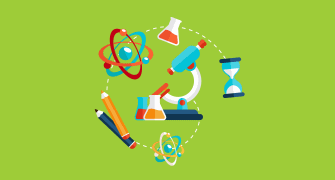Home Stretch Mortgage basics II
{"name":"Home Stretch Mortgage basics II", "url":"https://www.quiz-maker.com/QPREVIEW","txt":"Are you ready to take the next step in your homeownership journey? Our quiz, \"Home Stretch: Mortgage Basics II,\" is designed to test your knowledge about the mortgage process and help you understand the key concepts needed to successfully buy a home.Learn about essential steps to homeownershipFamiliarize yourself with important mortgage termsAssess your readiness for owning a home","img":"https:/images/course6.png"}
More Quizzes
Home Equity Loans
15825
State Exam
39200
740
Fitness Studios in the borough of Trafford.Part2
1059
Point of Tangency - Free Circle Tangents Practice
201019902
Which Disney Character Are You? Take the Free
201021521
Name That World Flag - How Many Can You Identify?
201020670
Molecular Genetics - Free Practice Questions
15816580
Tooth Identification - Free Dental Anatomy Practice
201021521
Free Digital Literacy Assessment - Computer Skills
201020114
Food Personality - What Food Are You?
201019398
Patient Care - Free Online Knowledge Check
201017461
